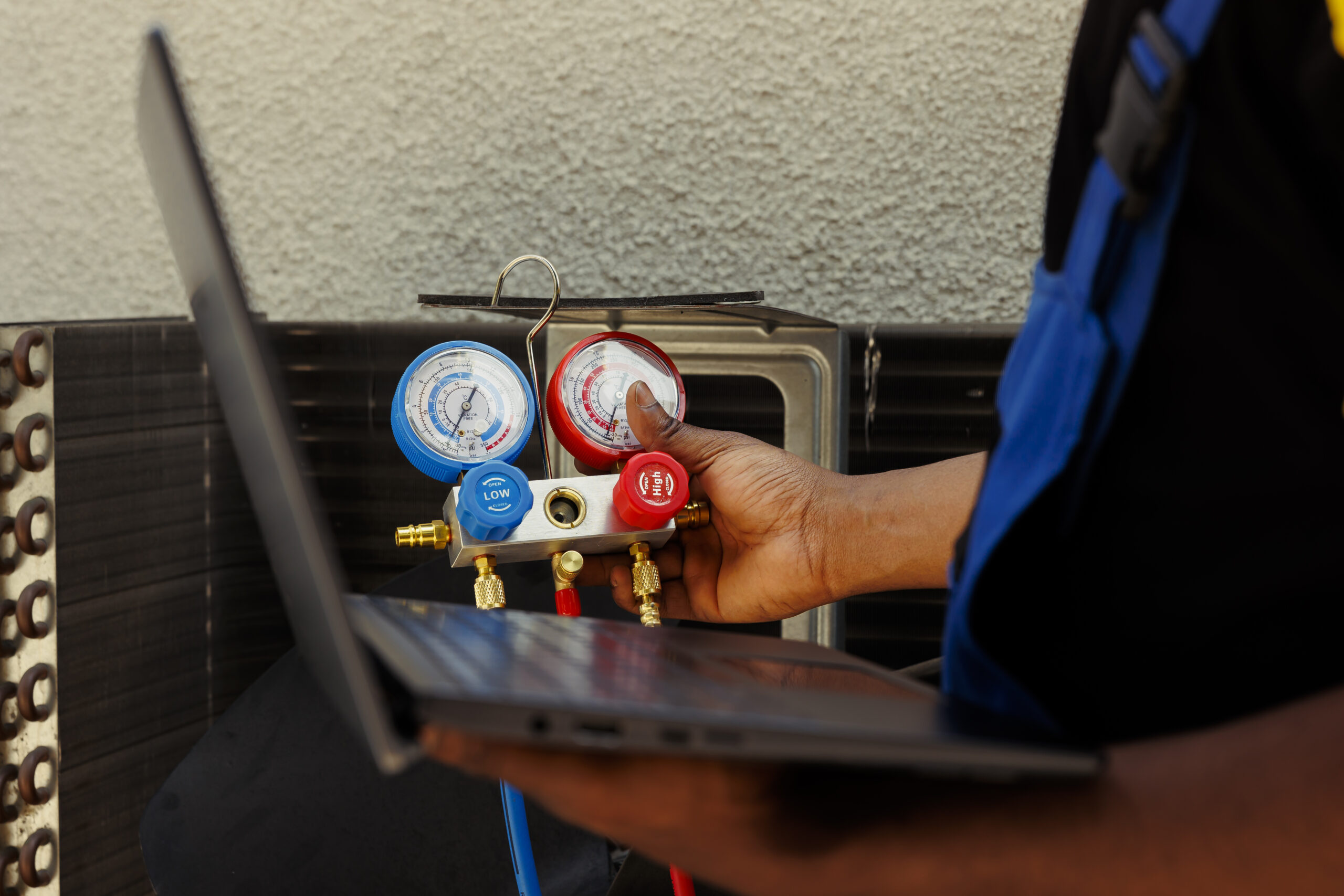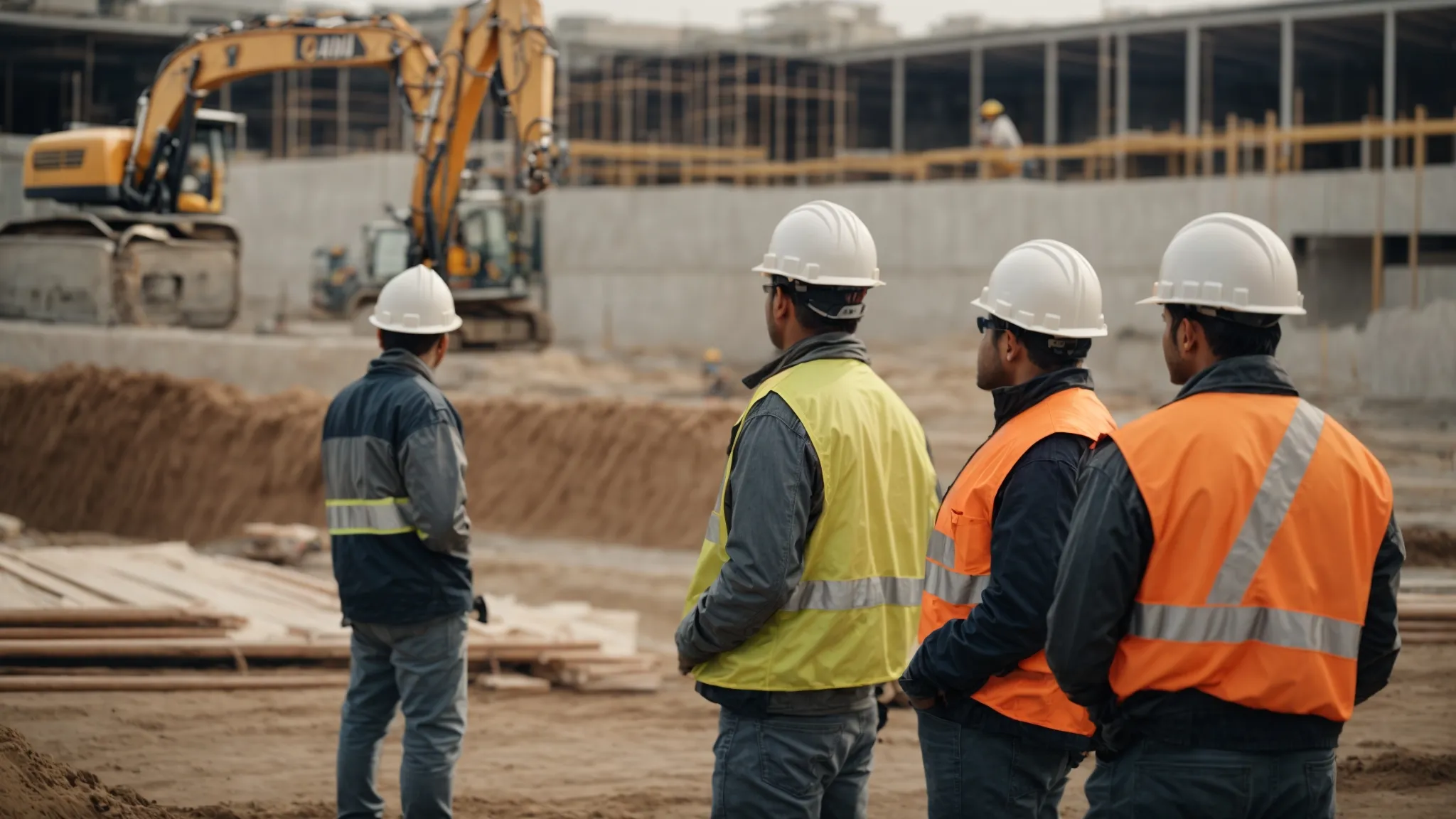Recognizing when it’s time to replace your HVAC unit can be a daunting task, especially if you’re not an HVAC professional. However, being alert to the signs of an aging unit can allow you to avoid costly repairs and inefficient energy usage. In this article, we’ll provide a comprehensive guide to help you understand those signs and know exactly when to call a professional for replacement. If you’re in need of advice or more information, keep reading!
Understanding Your HVAC Unit
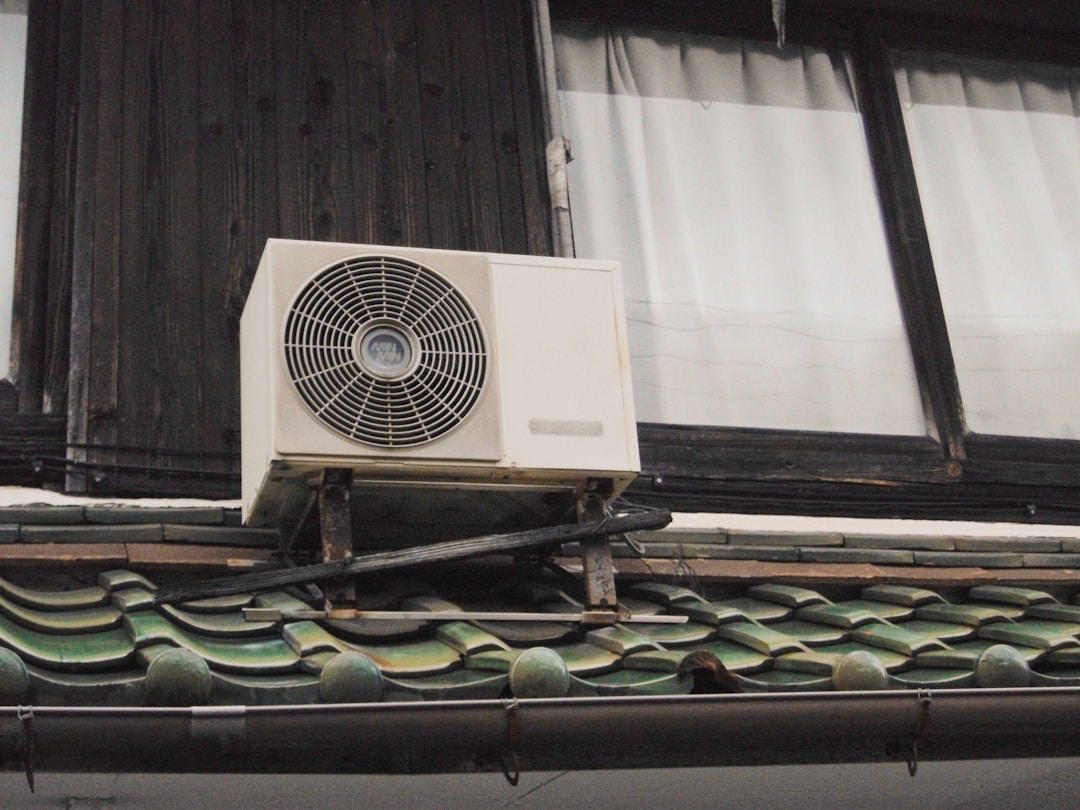
The first step in recognizing when your HVAC needs replacing is understanding how it works. A well-maintained HVAC system is fundamental for an energy-efficient and comfortable home. Generally, HVAC systems work by transferring heat from one place to another, providing you with cooler or warmer air, depending on the season. When your system is functioning properly, you’ll notice even temperature distribution, noiseless operation, and minimal dust accumulation.
An understanding of these basic functions allows you to notice when things start to go awry, indicating your unit may need replacing. Don’t wait for a complete system breakdown to consider getting a new unit. Consider timely HVAC services Charleston WV for any unusual activities in your heating or cooling system. Efficient HVAC maintenance and vigilance can increase the lifespan of your unit, ensuring you get value for your money. However, all units will still need replacing eventually, which is why the next steps are essential. Expect to have the unit inspected biannually and to change the filters once every few months.
Recognizing the Age of Your HVAC System
Like any other home improvement equipment, your HVAC unit has a distinct lifespan, generally between 10 to 15 years. Knowing the age of your HVAC system is crucial in determining when it’s time for a replacement. A system that’s more than 10 years old might need replacing, particularly if it hasn’t been maintained regularly. If you can’t remember when the unit was installed, check the serial number on the manufacturer’s sticker, usually located either inside or outside the unit. Find the date within the serial number – it’s often the first four digits.
An older system may not meet efficiency standards, leading to higher energy bills. Don’t assume a system is fine because it hasn’t run its full course. There are other signs to rule out before you decide to keep an outdated unit in operation. A critical rule of thumb is that if your HVAC system is near its average lifespan and the cost to repair it is about 50 percent of the cost to buy a new one, it’s more cost-effective to replace it.
Increased Energy Consumption: A Sign of an Aging HVAC Unit
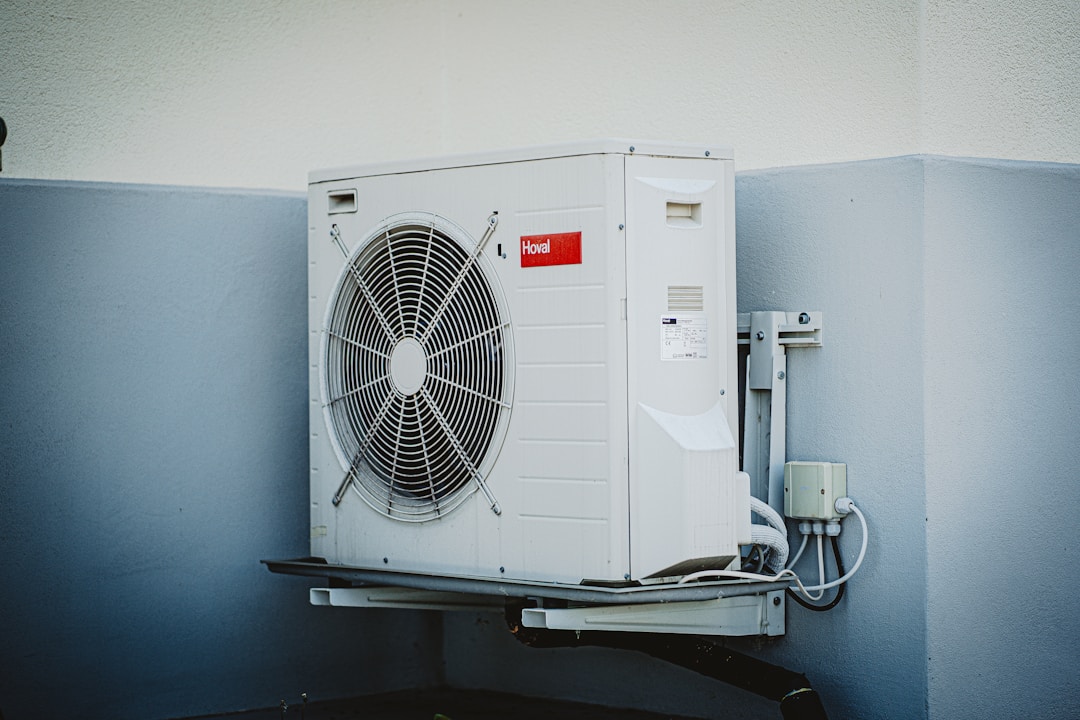
Increased energy consumption is another sign your HVAC unit could be aging. A system that’s losing efficiency will draw more power to maintain the same level of comfort, which results in a sudden spike in your energy bills. It’s advised to pay attention to your monthly costs and energy bills regularly. A gradual increase over months should be reason enough to contact HVAC professionals for advice.
Apart from increased utility costs, you might start to experience hot and cold spots throughout your home. This is another indication of an inefficient system, which is unable to distribute heat or cool air uniformly. Improving your system’s efficiency might be as simple as repairing a single part of your HVAC unit. However, if the energy consumption issues persist, it’s likely time to consider a replacement.
The Importance of Replacing Your HVAC Unit in Time
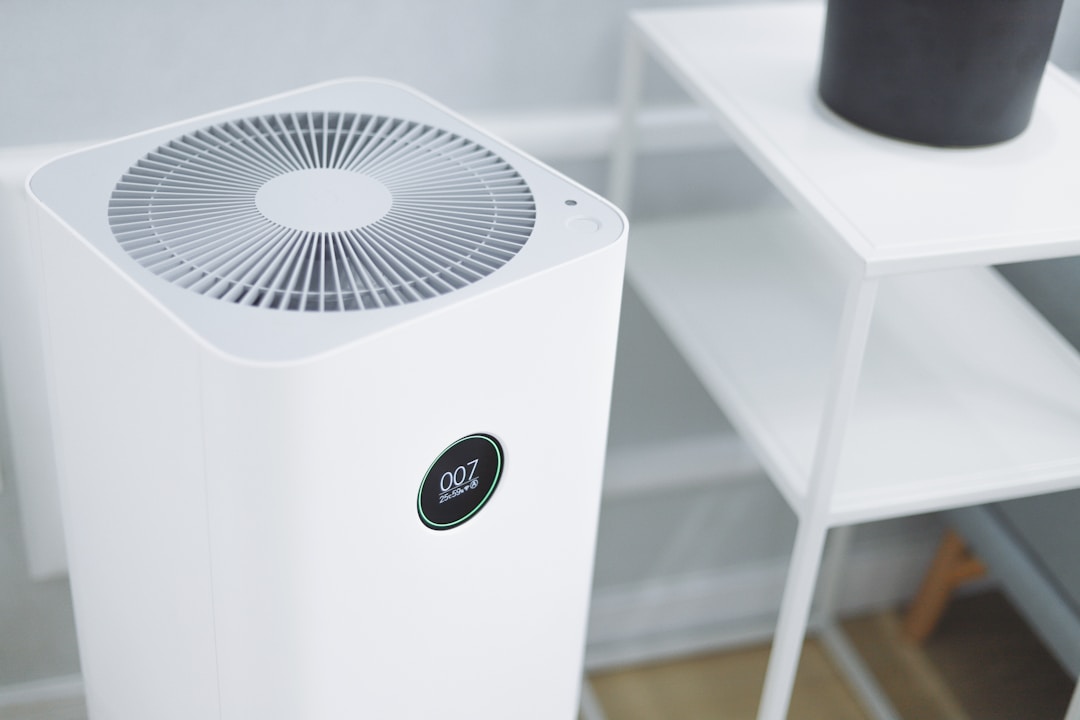
Replacing your HVAC unit in time can save you from additional costs in the long run. A high-functioning HVAC system reduces energy consumption, leading to lower monthly utility expenses. Besides the financial aspect, a properly working unit ensures your home’s comfort, offering superior air quality and improved health conditions. Meanwhile, keeping an old, inefficient unit could lead to poor air quality, which can be detrimental to your health.
A timely replaced HVAC system will not only be up to date with the latest energy-saving technologies but also be quieter and more effective at maintaining a comfortable temperature and humidity level in your home. You may also increase your house value with a new HVAC system. If you plan to sell your house, an updated, energy-efficient system can attract more potential buyers and allow for a higher asking price.
As you can see, recognizing when it’s time to replace your HVAC unit is a combination of understanding your HVAC unit, knowing the system’s age, noting any increase in energy consumption, and tracking any necessity for frequent repairs. Understanding these signs can save you money, increase your home’s comfort level, and offer you peace of mind. So, don’t wait; invest in a timely HVAC replacement today.

